The success of the IT industry and Indian human resources in global enterprises have made India a seemingly wealthy country. Even as the wealth has grown, the inequality has widened and many scams have surfaced. There was a logjam in Parliament and civil movements against corruption created an impression of anarchy and distrust. Amidst his dissatisfaction with the current state of affairs, Dr Abdul Kalam recalled the intellectual fight waged by Socrates against the rule of tyranny and he felt duty bound to express his concerns. Tony Judts words: Something is profoundly wrong with the way we live today haunted him and sparked the desire to write this book. Dr Kalam calls for an Indian Renaissance, which he describes in seven steps involving the common people of the land, and in particular, the youth. He urges people to arise out of servitude to a vested ruling class, awake from the slumber of a passive democracy, and advance to manifest our destiny of a developed nation. He recommends that by turning inward and listening to the voice of our conscience, we can live a virtuous life and thereby build a strong and secure India.
Squaring the Circle: Seven Steps to Indian Renaissance
$18.90
$21.00
In stock
Free & Quick Delivery Worldwide
All orders amounting to US$ 50 or more qualify for Free Delivery Worldwide. For orders less than US$ 50, we offer Standard Delivery at $14 per book.
ABOUT THE AUTHOR A.P.J. Abdul Kalam
Avul Pakir Jainulabdeen Abdul Kalam, b. 15 October 1931, is one oc India’s most distinguished scientists. He was responsible for the development of India's first satellite launch vehicle, the SLV-3, development and operationalization of strategic missiles and their weaponization, and for building indigenous capability in critical technologies. As Chairman of the Technology Information, Forecasting and Assessment Council (TIFAC), he guided a number of technology projects and missions to take India into the twenty-first century. The document on Technology Vision 2020 is a blueprint to make India a developed country. A.P.J. Abdul Kalam held various positions in ISRO and DRDO and became Principal Scientific Adviser to the Government of India holding the rank of a Cabinet Minister. He has the unique honour of receiving honorary doctorates from thirty universities and the country's three highest civilian honours - Padma Bhushan (1981), Padma Vibhushan (1990) and Bharat Ratna (1997). He has done a short stint as Professor of Technology and Societal Transformation at Anna University, Chennai, when he was elected President of India in July 2002. He has met more than 4,00,000 children all over the country to share his vision of India.
reviews
0 in total
Review by Anonymous
Be the first to review “Squaring the Circle: Seven Steps to Indian Renaissance” Cancel reply
You must be logged in to post a review.
Bibliographic information
Title
Squaring the Circle: Seven Steps to Indian Renaissance
Author
Edition
1st.ed.
Publisher
ISBN
9788173718915
Length
x+277p., 16 Pages of Plates; Illustrations; Some Colour; 24cm.
Subjects
more by A.P.J. Abdul Kalam see more
more by Arun Tiwari see more
Transcendence: My Spiritual Experiences with Pramukh Swamiji
Pramukh Swamiji Maharaj, one ...
$40.50
$45.00
Feeding the Forgotten Poor: Perspectives of an Agriculturist
Boosting food security and ...
$32.40
$36.00
similar bookssee more
Feminism Without Borders: Decolonizing Theory, Practicing Solidarity
Bringing together classic ...
$28.50
$30.00

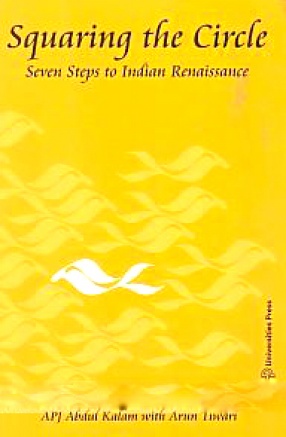
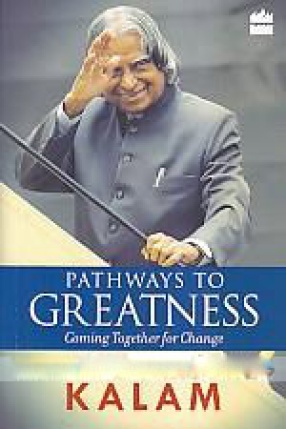
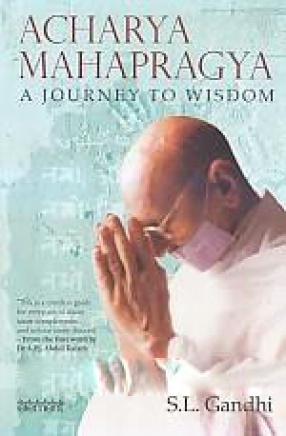
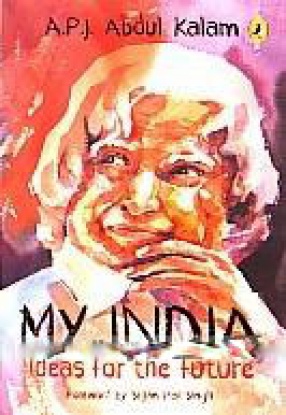
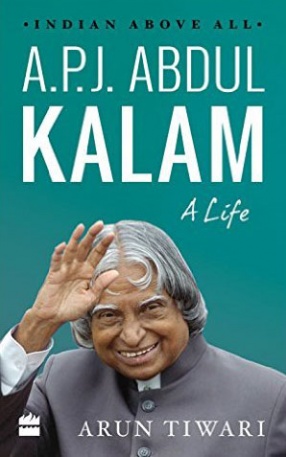
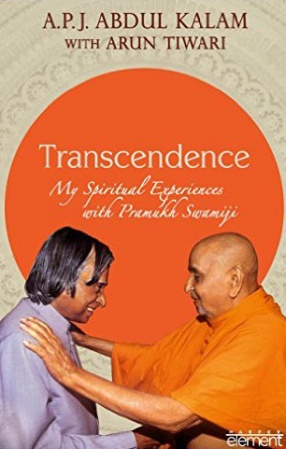
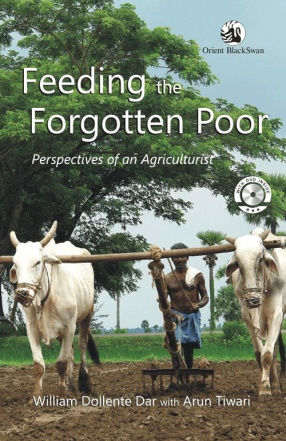


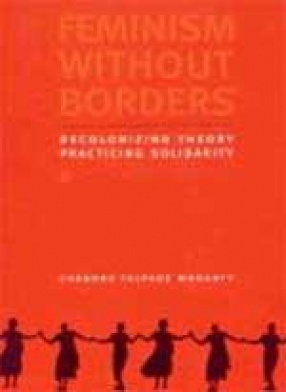
There are no reviews yet.